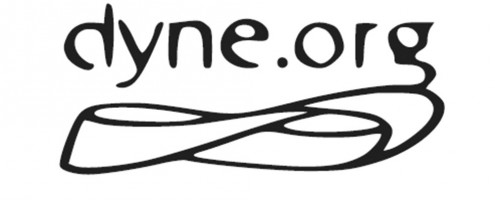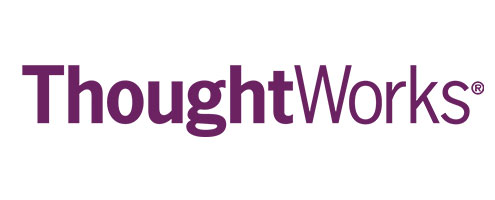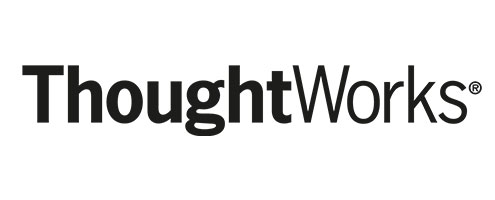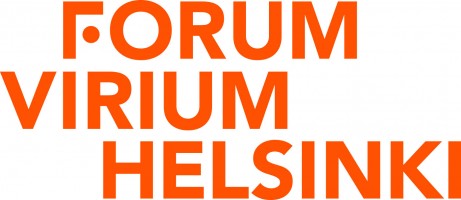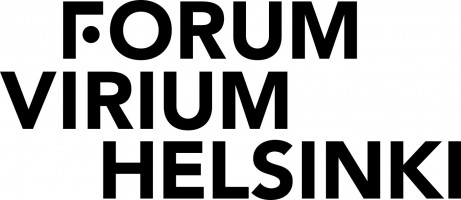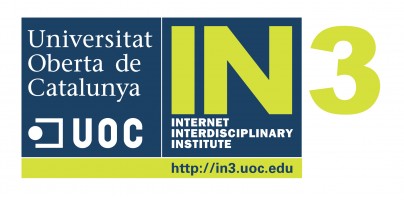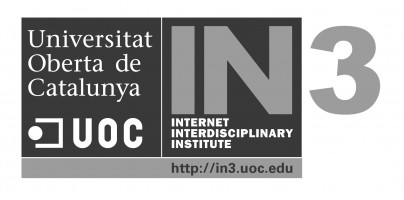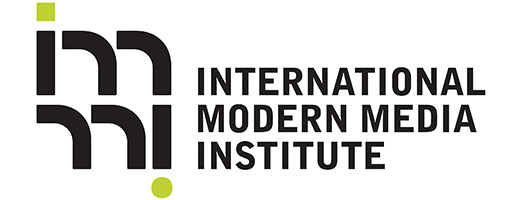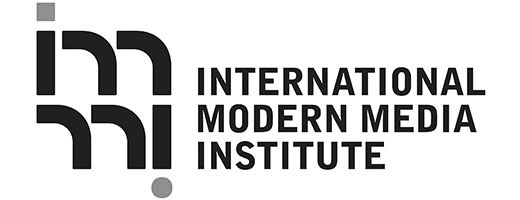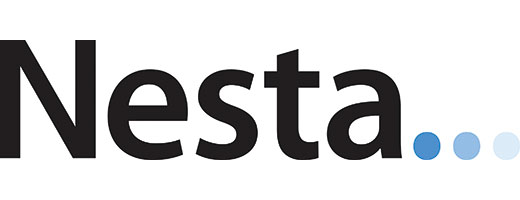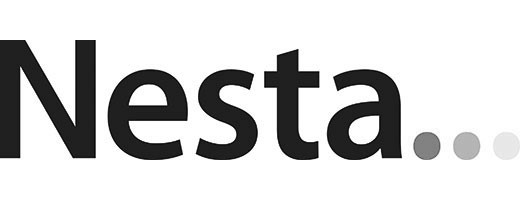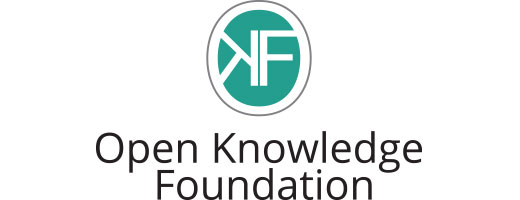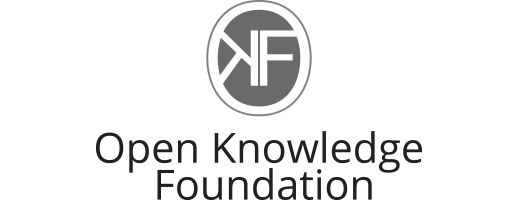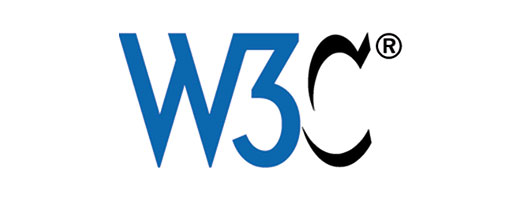The Democratic Cities – Commons technology and the right to a democratic city event is the biggest European event on network democracy, new forms of citizen participation, digital tools for democratic participation and urban commons for democratic cities. Organised on the 23–28 May, we expect 400+ academics, activists, politicians and hackers to attend in Madrid, Spain.
The event activities, spread to 6 days, are organised by a group of organisations working with direct democracy, citizen participation, and bottom-up initiatives.
D-CENT (Decentralized Citizens ENgagement Technologies) is the largest European project on direct democracy. It has created open, secure and privacy-aware tools for direct democracy and economic empowerment. D-CENT has run from October 2013 to May 2016, and it is co-funded by the European Union’s Seventh Framework Programme for research, technological development and innovation. It comprises a strong international consortium with nine partners from across Europe. The Democratic Cities – Commons technology and the right to a democratic city is the final event of the D-CENT project, showcasing and celebrating its results especially in the International conference organised on the 27-28 of May.
NESTA (UK, London) is an independent charity that works to increase the innovation capacity of the UK. The organisation acts through a combination of practical programmes, investment, policy and research, and the formation of partnerships to promote innovation across a broad range of sectors. Nesta is the coordinator of the D-CENT project.
MEDIA-LAB PRADO is a citizen laboratory of production, research and broadcasting of cultural projects that explores the forms of experimentation and collaborative learning that have emerged from digital networks. It is part of the Department of Culture and Sports (former Department of Arts, Sports and Tourism) of the Madrid City Council. Medialab-Prado aims to operate as an open platform that invites and allows users to configure, alter and modify research and production processes. It is the key organization behind the Democracy Lab, organized on the 23-27 May as part of the event Democratic Cities – Commons technology and the right to a democratic city.
MUSEO REINA SOFIA (Museo Nacional Centro de Arte Reina Sofia) is Spain’s national museum of 20th-century art. Offering a mixture of national and international temporary exhibitions in its many galleries it is one of the world’s largest museums for modern and contemporary art. Museo Reina Sofia is the event venue of the International Conference organized on the 27-28 May as part of the Democratic Cities – Commons technology and the right to a democratic city event.
In the last yearMADRID CITY COUNCIL has made a firm commitment to direct democracy, participation and transparency. Through the website Decide Madrid, citizen proposals are collected as well as direct interviews and discussion forums facilitated. The City Council has also launched the most ambitious participatory budget in Europe, through which citizens decide the use of 60 million euros. The objective of the City is to move forward and spread direct democracy beyond the city limits: as such, the free software developed for these participatory processes is available to any institution and administration worldwide.
BARCELONA CITY COUNCIL is committed to participatory, transparent and open democracy involving all social groups and citizens. Among the most recent projects is the participatory development of the Municipal Action Plan and the District Action Plans, for which there have been more than 400 physical meetings and contact with more than 30,000 individuals and associations. This engagement has resulted in more than 10,000 proposals being submitted through Decidim Barcelona. Further evidence of the commitment to participation can be seen through the collaborative production of public policies; community management of resources and municipal facilities; and the commitment to transparency and direct interaction by adopting a mix of new technologies and traditional communication with its citizens. The goal is to build a radically democratic city based on direct participation, open governance, urban commons and collective intelligence.




